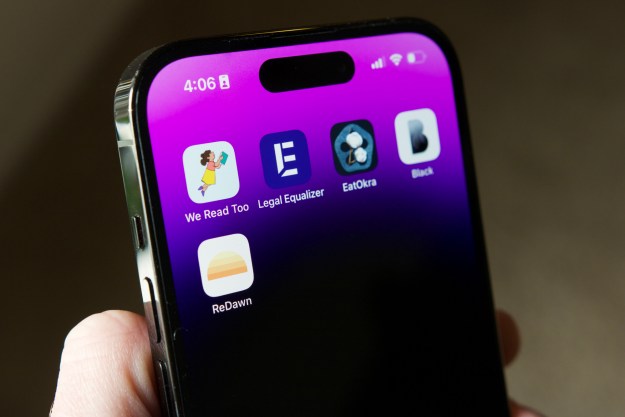Apple and Google will now be mandated to allow for alternate payment systems for apps in the App Store and Play Store, respectively, at least in South Korea. The move comes as part of an amendment to the Telecommunications Business Act that bars companies from forcing third-party developers to use their in-app payment systems for in-app purchases. It will also require app store operators to speedily approve apps and prevent them from deleting apps from the stores without a reasonable explanation, the Wall Street Journal reports.
Apple and Google’s app store practices have come under scrutiny over the past few years. In addition to rules around what content may or may not be admitted, developers have increasingly expressed ire about the standardized 30% commission required for each in-app transaction. This comes as a result of both companies mandating the use of their respective billing systems, with exceptions being made to select types of apps (food delivery services, for example.)

By removing the payment processor restriction with the force of law, developers would now be able to use their own payment solutions. This means that they wouldn’t necessarily have to pay Apple or Google any commission on purchases made in their apps at all.
Commenting on the news, an Apple spokesperson said: “The Telecommunications Business Act will put users who purchase digital goods from other sources at risk of fraud, undermine their privacy protections, make it difficult to manage their purchases, and features like “Ask to Buy” and Parental Controls will become less effective. We believe user trust in App Store purchases will decrease as a result of this legislation — leading to fewer opportunities for the over 482,000 registered developers in Korea who have earned more than 8.55 trillion (won) to date with Apple.” We’ve reached out to Google as well, and will update this story when we hear back..
Apple has, in the U.S, announced a raft of changes that mostly amount to keeping the status quo, with select concessions to placate developers. Google has announced a reduction of the in-app purchase commission to 15% for small businesses. South Korea’s new policy marks the most significant regulation aimed at these policies so far. With countries around the world taking a stronger look at both firms — especially with Epic Games dredging up Apple’s dirty laundry in a lawsuit and Google facing various lawsuits that are revealing Play Store revenue details — it is possible that South Korea might just be the first of many to put such laws in place.
Editors' Recommendations
- Everything you need to know about the massive Apple App Store outage
- Google is launching a powerful new AI app for your Android phone
- Google loses landmark antitrust lawsuit against Epic Games
- Apple and Google are teaming up to make tracking devices less creepy
- Apple’s latest store opening is one of its most significant in years



